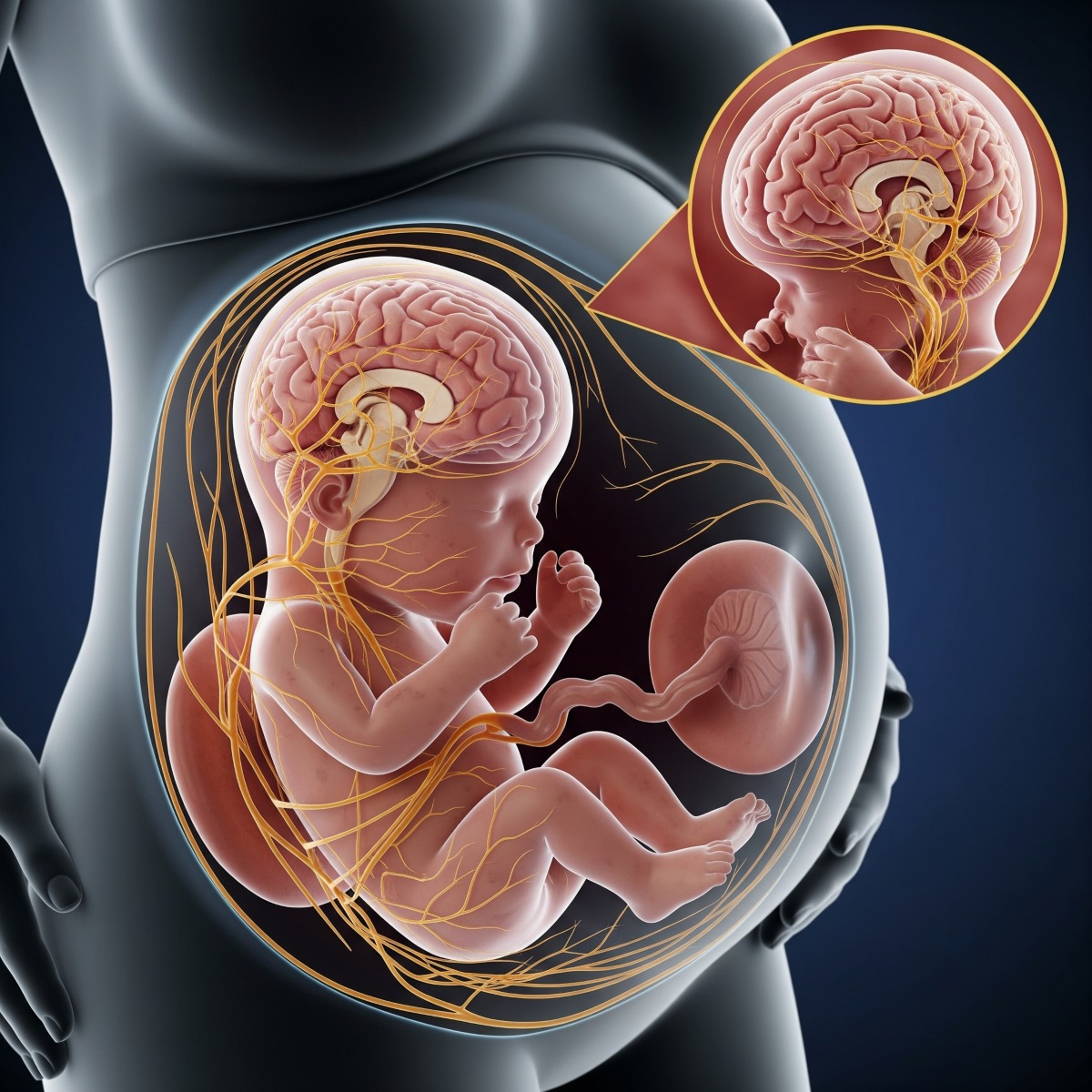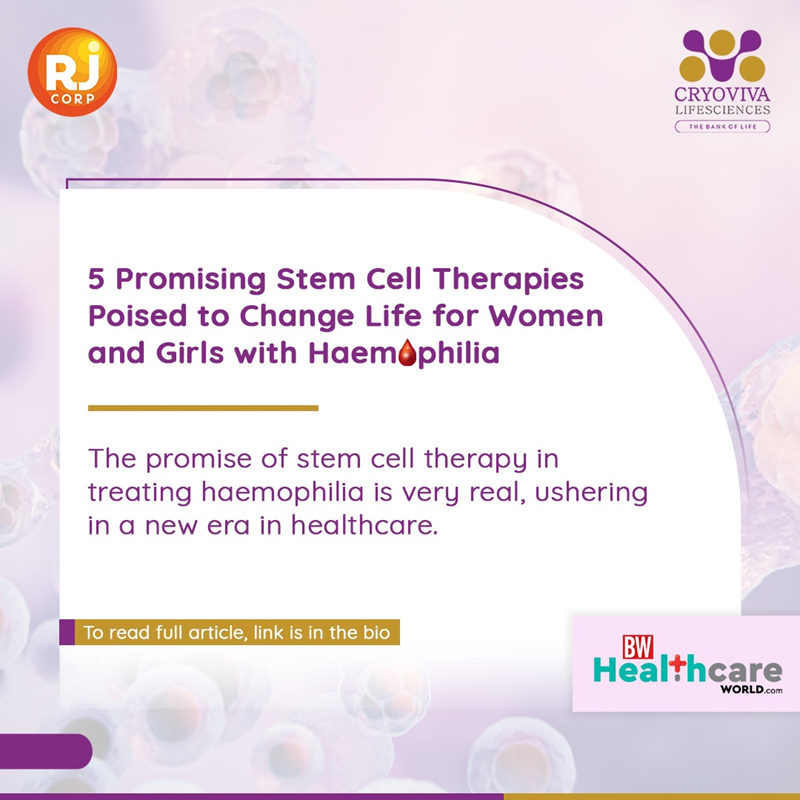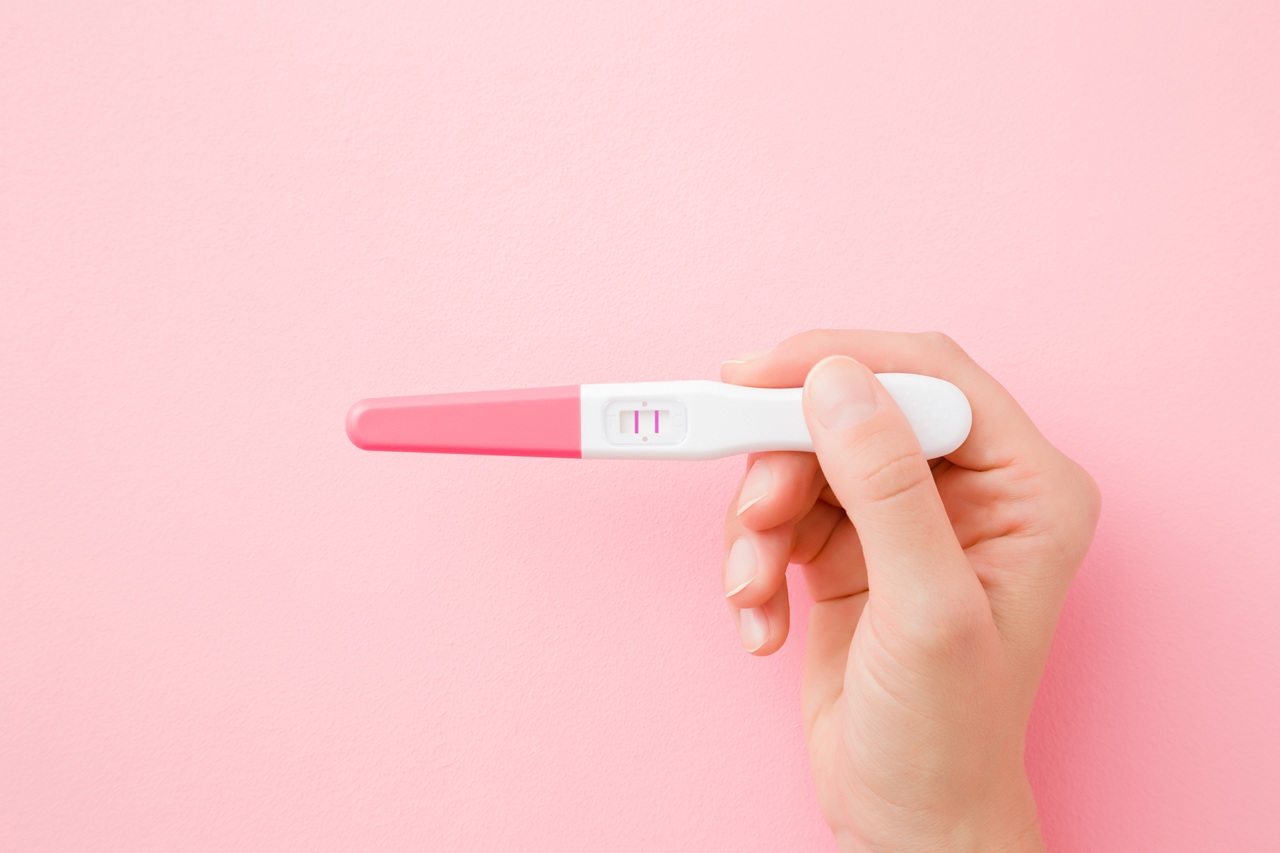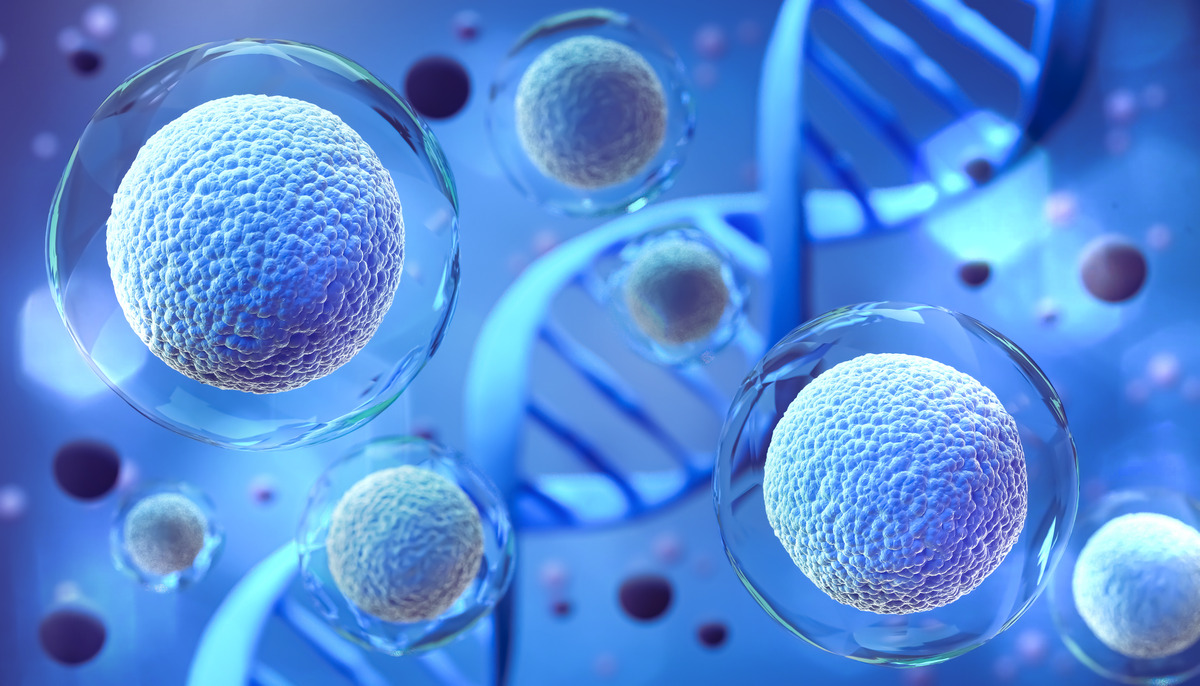Baby Brain Development in the Fetus

The brain is the body’s most powerful supercomputer, which is capable of storing more information than any machine ever built. While the brain’s functioning and structure still amaze doctors and researchers, its journey of development is quite fascinating.
Do you know that the brain starts to develop just after 3 weeks of conception? By the time the baby is born, the brain has around 100 billion neurons, and that’s almost the same number of stars in our Milky Way galaxy.
As a soon-to-be mother, we understand that you might be concerned about your baby’s health and development. However, if you include healthy fruits and vegetables in your pregnancy diet, stay away from alcohol, tobacco, and excessive caffeine, and take your prenatal vitamins timely, everything will turn out to be fine.
Let’s understand the journey of fetal brain development so you can take care of yourself to deliver a healthy baby.
Stages of Brain Development
The neural tube lays the foundation for brain development, which forms in the first month of the embryo’s growth. The neural tube closes by week 6 or 7, and the brain gets divided into three parts: forebrain, midbrain, and hindbrain. These three parts will eventually develop into specialized parts of the brain, and the cerebrum will fold into the left and right halves of the brain.
At this phase, the neurons in the brain will start developing at a rate of 250,000 neurons per minute for the next 21 weeks. Let’s track its development trimester-wise:
First Trimester:
You must have heard that the initial months of pregnancy are very critical, and part of the reason is brain development. During the first trimester, the brain is developing at a very rapid rate.
In fact, the brain makes up half of the fetus’ weight, and after the baby is born, the brain makes up 10% of the baby’s weight. In the first trimester, millions of neurons will develop, which will connect across synapses to direct movement and growth.
Hence, we recommend that you remain extra cautious of your health and your diet during the first trimester. You can use pregnancy calculator to keep track of your pregnancy.
Second Trimester
As you step into the fourth month of your pregnancy, the fetal brain will start to direct the compressions in the chest muscles and the movement of the diaphragm. It is like practice breaths and is controlled by the brain stem (midbrain). By week 16, the fetus learns to suck and swallow, and around week 21, the fetus can swallow amniotic fluid.
Between weeks 16 - 21, the baby develops a full range of specific fetal movements that are directed by the cerebrum (hindbrain).
By the end of the second trimester, the fetal brain development has reached a stage where the brain stem is completely developed. This part of the brain is located above the spinal cord, and the nervous system has grown enough to detect the noises.
Your baby will be able to experience sleep cycles because the brainwaves that occur during sleep are controlled by the hypothalamus (a part of the forebrain), starting around week 28.
Third Trimester
Then, again, in the third semester, the fetal brain development accelerates, and there is an explosive growth of neurons. The brain’s size will become triple its original size, from 3 ounces to 11 ounces at birth.
The cerebrum (a part of the forebrain) will develop the grooves and ridges, and it will separate into the left and right brain. The cerebellum is the fastest-growing part of the brain in the third trimester, and this part is responsible for motor control. So, you can expect your baby to move a little more in your womb, like wiggling the fingers and toes, stretch, and kick.
How to Support Fetal Brain Development?
We understand that you are conscious about your baby’s health, but that’s the one thing you shouldn’t be doing. Be stress-free, and here are the things that should be on your to-do list for healthy fetal brain development:
- Consume around 600mg of folate in the first trimester and then reduce the dosage to 400 mg in the second and third trimesters. Confirm with your doctor first.
-
Omega-3 fatty acids are another important nutrient for brain growth. You can get them naturally, and if you want to take an Omega-3 supplement, then do ask your doctor about which one you should take.
-
Do not consume alcohol at any cost once you become aware that you are pregnant because it can cause fetal alcohol syndrome. The babies have a very thin upper lip and smaller eyelids than usual, and the baby may have speech issues and mild to severe learning difficulties.
Are you interested in knowing the pregnancy tips to support your baby’s brain development? Hear from Sonali Shivlani, a renowned pregnancy and parenting consultant, the healthy tips to keep in mind for healthy brain development.
Watch it now:
Protect Your Baby with Stem Cells
Pregnancy is an important phase in any woman’s life, but it is full of surprises. While you want the best for your baby, when it comes to life-threatening diseases, you might feel helpless. Despite massive leaps in medical technology, there are still some diseases that do not have a cure but methods to control the disease.
However, your baby holds the cure to treat some life-threatening diseases. The umbilical cord has stem cells that are the cure for 80+ diseases. If you are interested to know more, visit Cryoviva, book an appointment, and learn more about stem cell preservation.










 Enquiry
Enquiry
 Email
Email Phone
Phone
 Whatsapp
Whatsapp